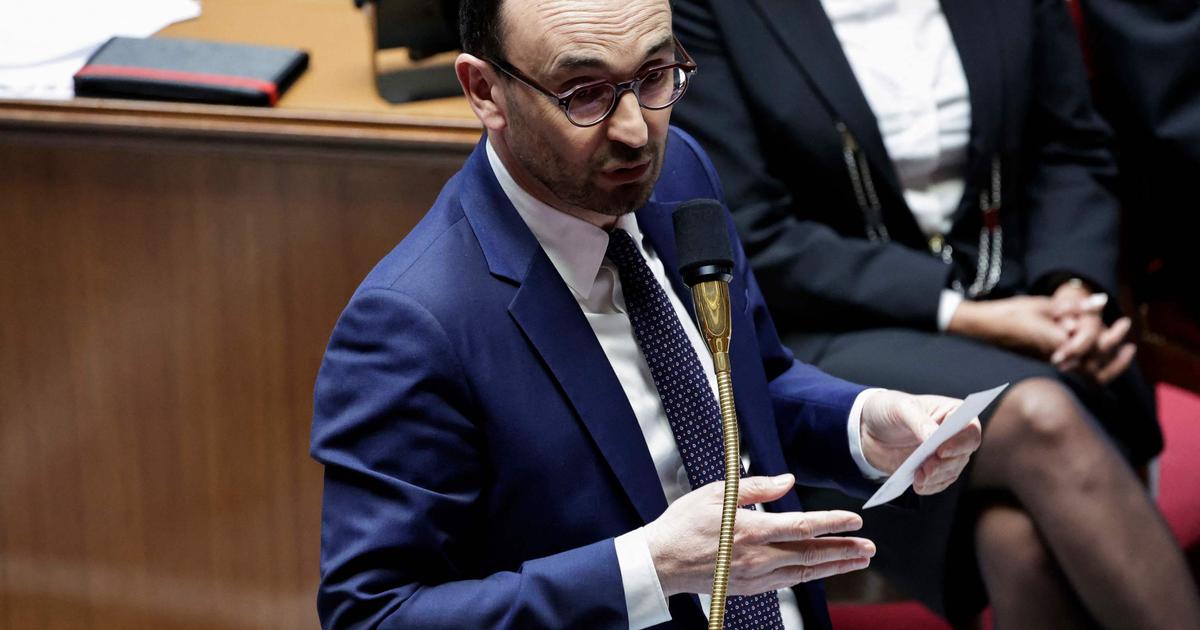Icon: enlarge
Greengrocer in Berlin (archive picture): Food prices rose by 0.6 percent
Photo: Sean Gallup / Getty Images
For the second time since the VAT cut, inflation in Germany apparently slipped below zero in September.
The Federal Statistical Office announced on the basis of preliminary data that consumer prices were 0.2 percent below the level of the same month last year.
As a result, annual inflation fell to its lowest level since January 2015 at minus 0.3 percent.
The Wiesbaden statisticians had already calculated negative annual inflation in July of this year at minus 0.1 percent.
Consumer prices stagnated in August.
The temporary reduction in VAT rates and a sharp drop in energy prices are dampening the rise in prices.
According to calculations by the Federal Office, consumer prices also fell by 0.2 percent from August to September.
In order to cushion the economic consequences of the Corona crisis and to stimulate the economy again, the federal government has, among other things, reduced the value added tax rate for six months from July 1: from 19 to 16 percent and from 7 to 5 percent.
This should boost consumption as an important pillar of the domestic economy.
"Partly significant price fluctuations"
To what extent the tax cut is passed on to the consumer is difficult to prove statistically.
Economists at Commerzbank stated that "some groups of goods and services have shown considerable price fluctuations".
For example, tickets for long-distance travel by train have become cheaper, while prices for other services have in some cases been increased significantly.
The Federal Office itself pointed out that hairdressing visits in Germany have become significantly more expensive in recent months - among other things because the salons have additional costs due to the corona-related hygiene requirements.
According to the Federal Office for Household Energy and Fuels, consumers had to pay significantly less in September than a year ago (minus 7.1 percent).
In contrast, food prices rose by 0.6 percent, with the upward trend in prices in this product category having been weakening for months.
Falling or even negative inflation rates are usually an alarm signal for monetary authorities.
The European Central Bank (ECB) is aiming for an annual inflation rate of just under 2.0 percent for the euro area with its 19 countries in the medium term.
According to the monetary authorities, this is far enough away from zero.
If prices are permanently low or falling across the board, this could tempt companies and consumers to postpone investments - in the belief that it may soon be even cheaper.
This wait-and-see attitude can slow down the economy.
Economists assume that inflation in Germany will pick up again significantly in the next year when the special effect of the VAT cut expires.
Icon: The mirror
dab / dpa








